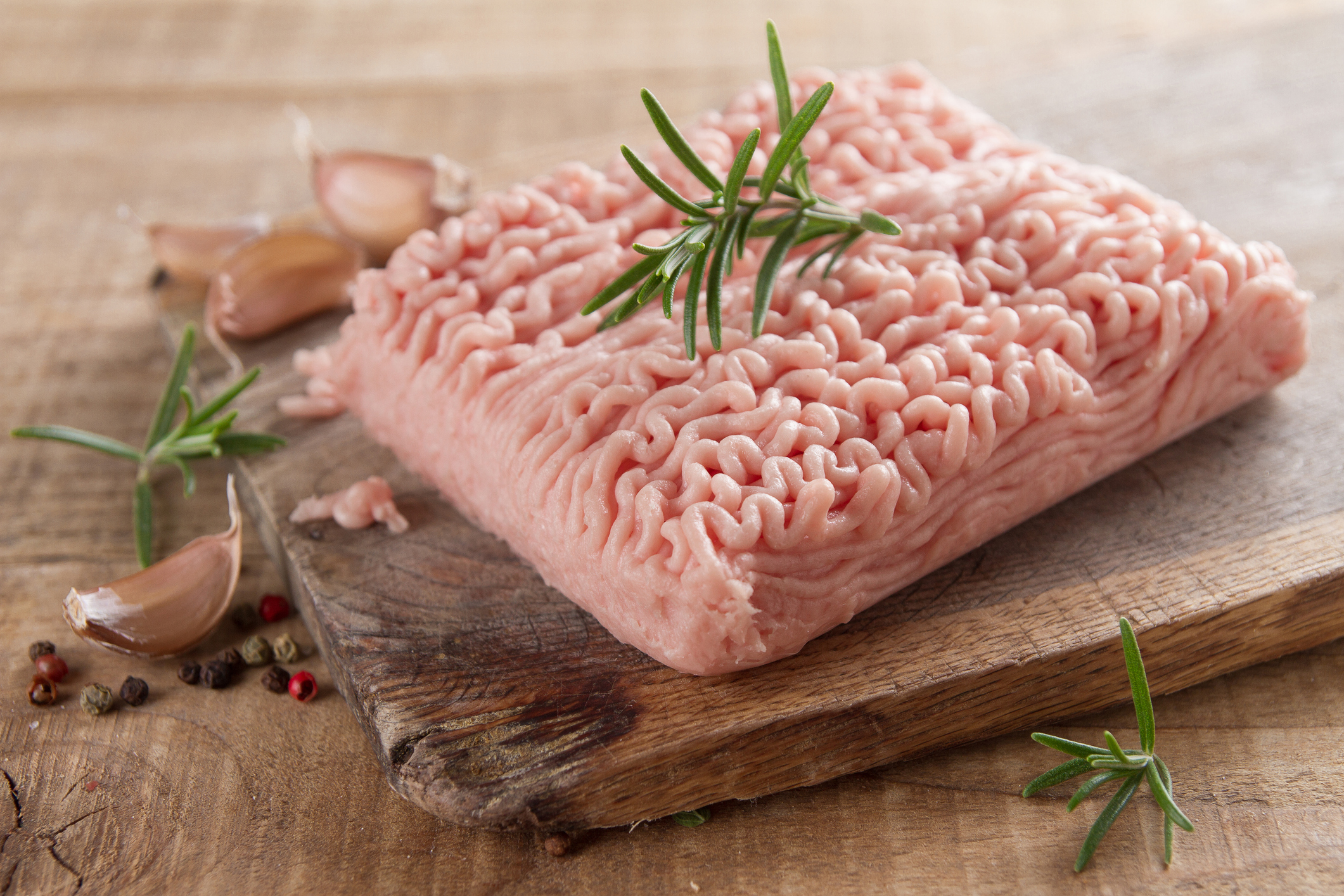If you’re training for a Tough Mudder, you’re probably more aware of your protein than you were before you committed to 10 muddy miles of obstacles and grit. And for good reason, dear Mudder.
Filling up on protein is crucial in helping repair muscle tears that occur while training to do badass things like throwing yourself over Hero Walls and swinging from Kong. Marisa Faibish, a Registered Dietitian and the Director of Performance Nutrition at Appalachian State University, breaks it down like this: “When you are working out you are essentially tearing your muscles. Protein consumption is what is needed to rebuild and repair and grow the muscles you’re tearing in the gym or on the field.” So while protein is an essential element in our everyday diet, it’s especially important during Tough Mudder training.
How Much Protein Does a Mudder Need?
As a basic rule of thumb, eat more protein when training for an event than when you’re not to help those muscles recover. The International Society on Sports Nutrition advises those building or maintaining muscle mass up daily protein intake to between 1.4 and 2 grams of protein per kilogram of body weight. For a 150-pound person, that’s between 95 and 136 grams of protein a day, Faibish explains.
One of the key things to remember when planning out your protein is to evenly distribute it throughout the day. “The protein doses of 20 to 30 grams should ideally be evenly distributed throughout the day every 3 to 4 hours,” Faibish says. “Don’t have 80 grams of protein in one sitting and think you don’t need to have any more for 9 hours.”
Faibish recommends eating a protein-packed meal two hours before working out (aim for 20 to 30 grams, about a palm-sized piece of lean meat, she says) and a small, 7 gram snack half an hour before working out, like an ounce of beef jerky or a cheese stick. Within an hour of working out, she recommends another meal with 20 to 30 grams of protein. That means if you tune into our Workout Wednesday live stream every week, you shouldn’t just have a protien-packed dinner. Your breakfast and lunch should serve up the macronutrient, too.
Now that you’re probably making a mental grocery list, keep in mind that chicken breast isn’t the only answer. Sure, it’s easy to cook and relatively inexpensive for a protein, but grilled chicken can get real boring, real quick. Like real boring, real quick.
Thankfully, there are plenty of other options that will help you hit your daily goal. Include some of these proteins in your training meal plan to keep your meals as ~spicy~ as Coach.
Ground Turkey

When you’re bored of chicken, but like white meat, the next obvious choice is turkey. While there’s always deli meat or a roasted turkey, ground turkey is affordable and versatile. Add it to a taco salad, mix it up with sweet potato and veggies, or put it on zoodles or whole-wheat pasta like a meatball. Four ounces has about 22 grams of protein, according to the USDA.
Pork

Pork is often overlooked (when not in the form of bacon, at least), but tenderloins are actually one of the leanest cuts of meat. A 4-ounce serving of broiled pork tenderloin gives you a whopping 30 grams of protein. Faibish recommends flax seed-crusted pork tenderloin: “Throw the tenderloin in an egg wash then flip it around the ground flax seed mix. Then on medium-high heat in a sauce pan with olive oil, throw that bad boy in there and BOOM, delicious lean protein.” If you’re not drooling, you’re not human.
Tofu

Whether you’re vegan, vegetarian, or just trying to eat fewer animal products, tofu is a solid option. It adds around 10 grams of protein per 1 cup serving to your meal, and can be prepared so many different ways. Crumble it up and shake on some nutritional yeast to imitate scrambled eggs, or cut it into cubes and toss it in your favorite spices, then bake until crispy. It’s not exactly chicken nuggets, but it’ll do.
Eggs

Even if you’re new to the kitchen, eggs are impossible to mess up, and can be made a dozen different ways. Try them hard-boiled, poached, scrambled, over easy… it’s tough to get bored of eggs. And at 6 grams of protein per egg, they’re a prime way to start your day.
Lentils

These legumes are small but mighty. A half cup gives you 9 grams of protein, and even more fiber. Add them to your salad bowls or serve with a heaping portion of roasted veggies and avocado. You’re welcome.
Shrimp

Fish can be intimidating to prepare, but shrimp are basically foolproof, and take just a few minutes on the stove to cook. Aka, they’re great for when you forget to meal-prep and are starving post-workout. A 4-ounce portion, or about 8-9 large shrimp, clocks in at around 26 grams of protein.
Chocolate Milk

Yep, you read that right. Dubbed the “poor man’s whey protein,” Faibish recommends drinking 16 ounces of chocolate milk post-workout if you don’t like the taste of whey or can’t afford a quality powder. With 15 grams of protein, this is definitely a health hack we can get on board with.
